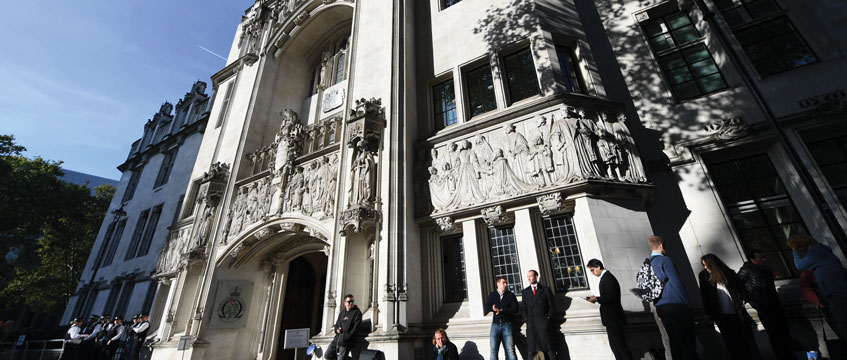The Supreme Court is today (8 February) hearing a case in which it is being asked to decide whether a procedural error made by a right-to-manage (RTM) company invalidates its claim.
The case centres on Tudor Studios, an old factory in Leicester that has been converted into student accommodation. The studios are owned by investors while the common parts are leased by a company called A1 Properties, the appellant in this case.
The Commonhold and Leasehold Reform Act 2002 allows long-lease tenants in a self-contained building to acquire the right to manage that building. The investors who owned the studios decided to exercise this right through a company they had set up called Tudor Studios RTM Company Ltd.
Tudor Studios RTM exercised its right under the Act by serving notice on the freeholder and property management company, but didn’t serve notice on A1 Properties. A1 then filed a counter-notice, saying that Tudor Studios RTM’s failure to notify them was in breach of the procedure set out in the Act, so the company should not be given the right to manage the building.
The case went to the Upper Tribunal (Lands Chamber) last year ([2023] UKUT 27 (LC)), which ruled that the failure to serve notice on the appellant did not invalidate the respondent’s right-to-manage claim because the appellant has no management responsibilities.
The case then leapfrogged to the Supreme Court, where it is being heard today.
The specific question the judges are being asked to rule on is: does a failure to serve a claim notice on an intermediate landlord with no management responsibilities invalidate a right-to-manage claim under the Commonhold and Leasehold Reform Act 2002?
At the hearing this morning, barrister Justin Bates, appearing for A1, argued that, in this specific case, it does.
“The particular error in this case gives rise to invalidity,” he said. “I would be so bold as to submit that this is the only proper conclusion that can be drawn.
“We are considering the Act as a whole when it comes to identifying parliament’s intent for this particular error.”
As for a definition of the word “serve”, Bates said he did not take a “rigidly legalistic” view.
“What you are concerned with is, did someone actually receive a document?” he said.
The case is scheduled to last for one day, with judgment reserved for a later date.
A1 Properties (Sunderland) Ltd (Appellant) v Tudor Studios RTM Company Ltd (Respondent)
Supreme Court (Lord Briggs, Lord Sales, Lord Hamblen, Lord Leggatt, Lord Stephens) 8 February 2024
Photo © James Veysey/Shutterstock
Share your feedback









